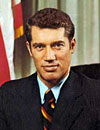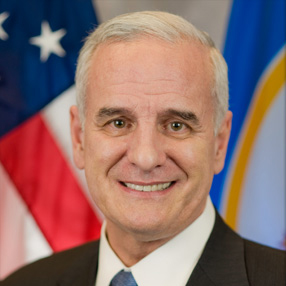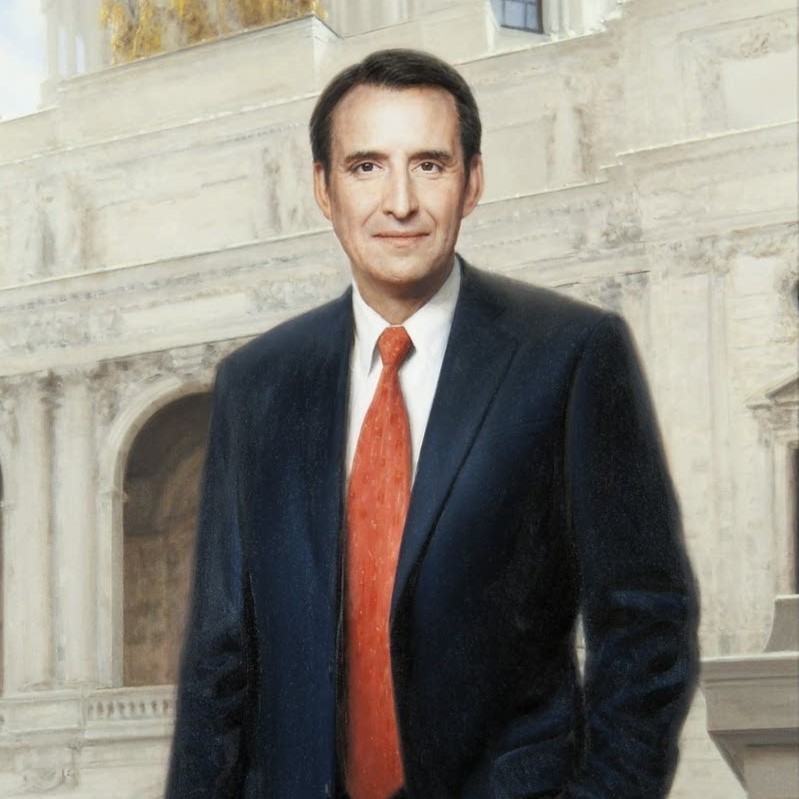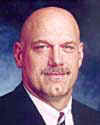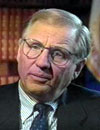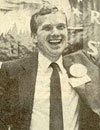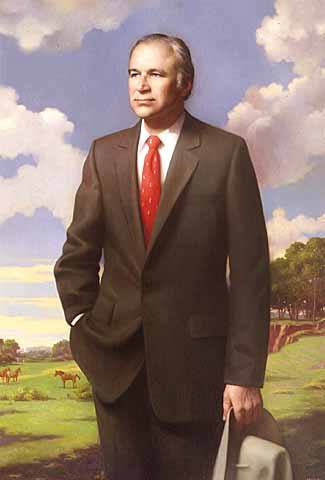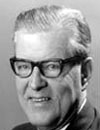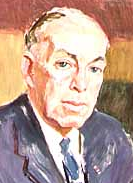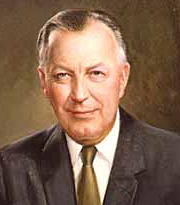Minnesota
Gov. Wendell Richard Anderson
- January 4, 1971 - December 29, 1976
- Democratic-Farmer-Labor
- February 1, 1933
- July 17, 2016
- Minnesota
- University of Minnesota
- Married Mary Christine McKee; three children
- Resigned
- Senator
- Army
About
WENDELL R. ANDERSON was born February 1, 1933, in St. Paul, Minnesota. He received a bachelor’s degree in 1954 from the University of Minnesota. Anderson was a member of the 1956 Olympic Hockey Team in Cortina, Italy. He enlisted in the U.S. Army as an infantry officer in 1956 and served until 1957. He was elected to the Minnesota House of Representatives in 1958 and served from 1959-1963. He was a state senator from 1963-1971. While serving in the house, he earned an LL.B. from the University of Minnesota in 1960. He was admitted to the Minnesota bar and practiced law from 1960 until his election as governor in 1970. He was reelected in 1974. During his terms, education costs were paid with statewide sales and income tax revenues instead of local property taxes and income taxes for the poor were eliminated. Anderson served on the Democratic National Committee’s Executive Committee (1974-1975) and on the National Governors’ Conference Executive Committee (1971-1972) and he chaired the Democratic Governors’ Conference (1974-1975). Governor Anderson resigned from office in December 1976 to become a U.S. Senator from Minnesota, when then-Senator Walter Mondale was tapped by President Jimmy Carter as his vice presidential running mate. Many disapproved of Anderson’s “self-appointment” to Congress. He served until 1978 when he was unable to win reelection. He served on the Armed Services, Environmental and Public Works, and the Budget Committees. After leaving the Senate, Anderson served for 12 years on the Board of Regents of the University of Minnesota, then practices law in Minnesota and served as honorary counsel to Sweden.

